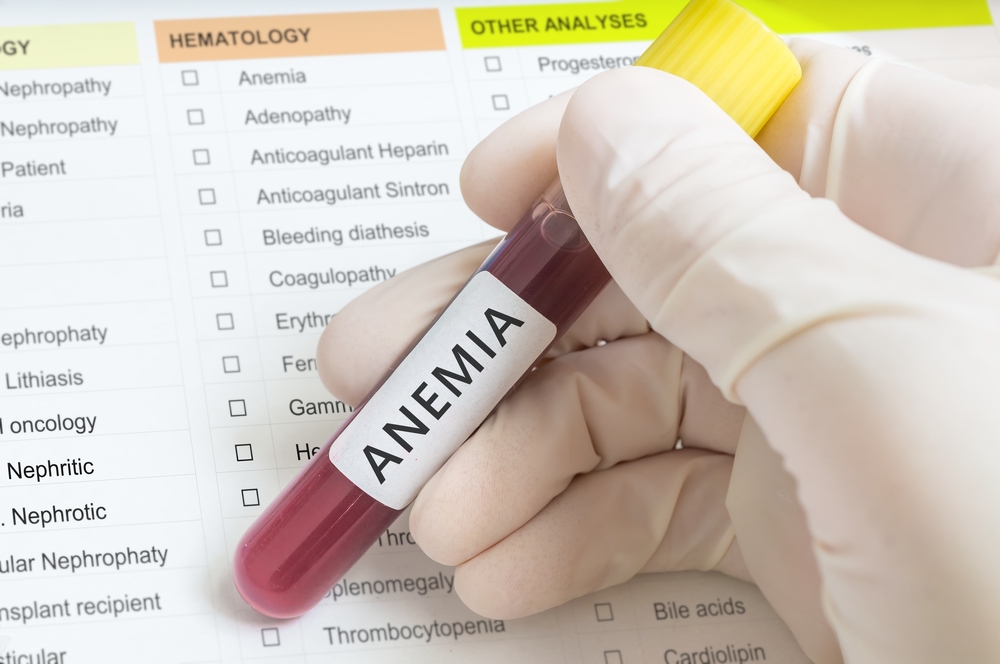Primary anemia is anemia that is not due to any disease or condition. Anemia is a condition in which you don’t have adequate healthy red cells to convey sufficient oxygen to the disease. Having anemia may cause you to feel worn out and weak.

Primary anemia is anemia that is not due to any disease or condition. Anemia is a condition in which you don’t have adequate healthy red cells to convey sufficient oxygen to the disease. Having anemia may cause you to feel worn out and weak.
Some types of primary anemia include the following:
Symptoms of primary anemia include the following:
DIAGNOSIS
Your doctor will first obtain a medical history then will do physical examination. Laboratory tests may be requested such as the following:
To diagnose anemia, your doctor may ask you about your medical and family history, perform a physical exam, and run the following tests:
Complete blood count (CBC)
Additional diagnostic tests such as peripheral blood study, bone marrow aspiration biopsy
TREATMENT
Anemia treatment depends on its cause. For Vitamin B12 deficiency anemia, vitamins may be given as well as nutritional modification.
Aplastic anemia and thalassemia may require blood transfusions. Hemolytic anemias may be treated by avoiding certain medicines and taking immunosuppressant drugs.
Overview and FactsTypes and SymptomsDiagnosis & MedicationsOverview and Facts Tricuspid atresia is a congenital heart defect characterized by the absence [...]
Overview and FactsTypes and SymptomsDiagnosis & MedicationsOverview and Facts Toxic megacolon is a rare but serious complication of inflammatory bowel [...]
Overview and FactsTypes and SymptomsDiagnosis & MedicationsOverview and Facts Toxic Epidermal Necrolysis is a rare but severe and potentially life-threatening [...]